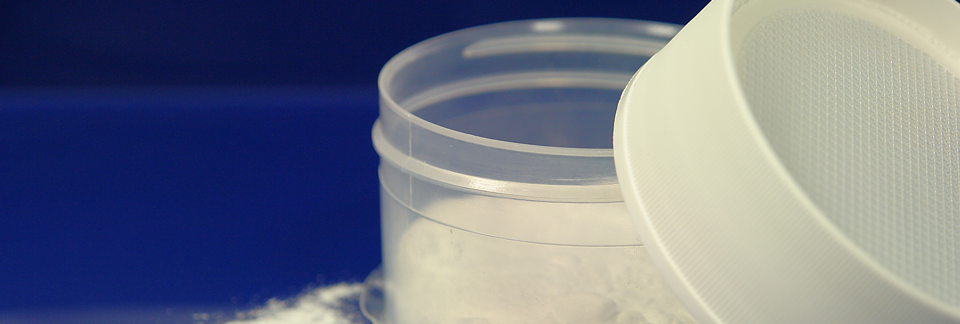
HCG E.P.
Human Chorionic Gonadotrophin (HCG)
HCG is a peptide hormone produced in pregnancy that is made by the embryo soon after conception and later by the syncytiotrophoblast (part of the placenta). Its role is to prevent the disintegration of the corpus luteum of the ovary and thereby maintain progesterone production that is critical for a pregnancy in humans. HCG may have additional effects. For instance, it is thought that HCG affects the immune tolerance in the pregnancy. Its action is predominantly luteinizing.
Structure
HCG is an oligosaccharide glycoprotein composed of 244 amino acids with a molecular mass of 36.7 kDa. Its total dimensions are 75 x 35 x 30 angstrom (7.5 x 3.5 x 3.0 nanometer). It is heterodimeric, with an α-subunit identical to that of the Luteinizing Hormone (LH), the Follicle Stimulating Hormone (FSH) and the Thyroid Stimulating Hormone (TSH) plus a β-subunit that is unique to HCG.
Therapeutic Indication
Women:
HCG is used within the scope of assisted reproductive technologies (ART).
It is used in the treatment of anovulatory infertility, where its administration would form part of recognized treatment regimen involving the prior stimulation of follicular maturation and endometrial proliferation e.q. with Menotrophin Injection (HMG). HCG is also used to support the in vitro fertilization (IVF) and intrauterine insemination (IUI) method, used in the treatment of infertility.
Men (Hypogonadotrophin hypogonadism and cryptorchidism):
It stimulates the interstitial cells of the testes and consequently the section of androgens and the development of secondary sexual characteristics. With concomitant Menotrophin injection therapy, HCG injection stimulates the induction and maintenance of spermatogenesis.


